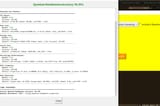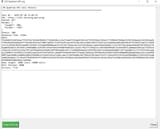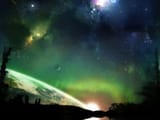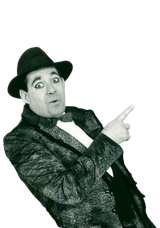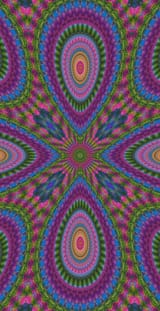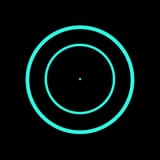Anonymous
7/31/2025, 1:55:12 AM
No.40825963
[Report]
>>40826092
>>40826106
>>40826119
>>40827606
>>40827878
>>40829333
>>40832258
>>40834023
>>40835902
>>40845886
>>40849491
My quantum lottery number generator is feature complete. It still needs a bit of work like working out a few bugs and quality of life.
>added 20 different lotteries to it, as well as custom fields for the user to input their own ranges for numbers
>added multiple different methods of how the numbers are handled from a pure binary state to a lottery number, or any random number. Some of these methods will really crunch numbers like the wave function collapse that will simulate a wave function collapse which is like a bridge between quantum theoretic and reality, and the amount of computation it takes is heavy.
>added several strict tests to determine quantum accuracy, with one of my methods reaching nearly 97% accuracy to an ideal quantum distribution which is very near theoretical limits
>added support for a few different quantum cloud APIs, two of which grab a stream of binary from university quantum computers, and the other generates qubits on command, and default qubit generator is a local Q# simulation.
>added 20 different lotteries to it, as well as custom fields for the user to input their own ranges for numbers
>added multiple different methods of how the numbers are handled from a pure binary state to a lottery number, or any random number. Some of these methods will really crunch numbers like the wave function collapse that will simulate a wave function collapse which is like a bridge between quantum theoretic and reality, and the amount of computation it takes is heavy.
>added several strict tests to determine quantum accuracy, with one of my methods reaching nearly 97% accuracy to an ideal quantum distribution which is very near theoretical limits
>added support for a few different quantum cloud APIs, two of which grab a stream of binary from university quantum computers, and the other generates qubits on command, and default qubit generator is a local Q# simulation.

